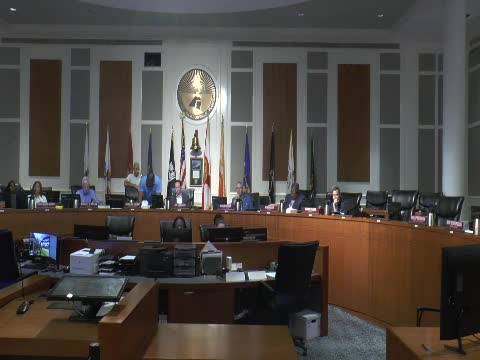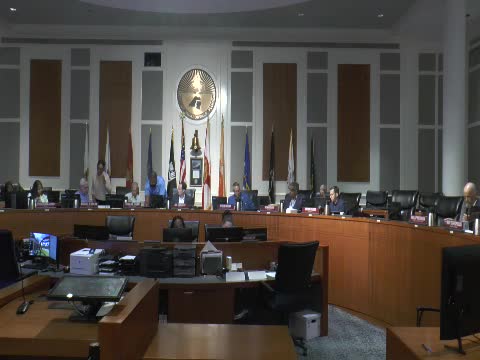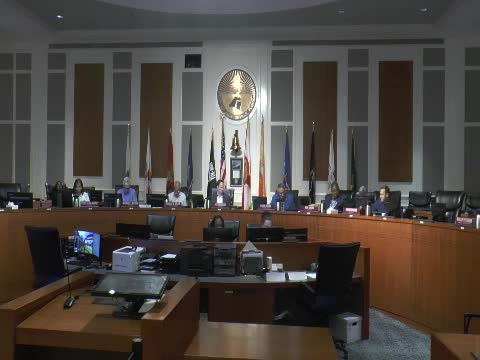Article not found
This article is no longer available. But don't worry—we've gathered other articles that discuss the same topic.

Committee debates requiring city employees to report suspected fraud, waste and abuse to Inspector General

Committee approves amendment allowing public radio tenant to sublet space in marine fire station project lease

